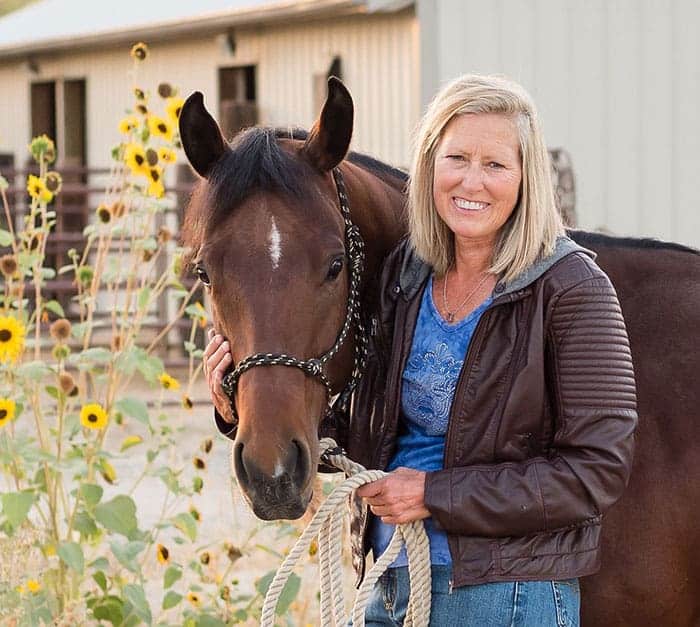Cost-Cutting Tips for Horse Farm Owners

Teri Herrera owns a 16-acre dressage boarding and training facility called MisFit Farm, in Redmond, Washington. She has worked carefully to provide a neat, safe, and aesthetically pleasing horse property by paying careful attention to bottom-line costs.
Here are some of her tips for keeping expenses down:
- “I source my hay directly from the grower, cutting out the expense of middlemen,” she says. “Early in the year I walk the exact fields that my hay will be cut from, which allows me to maintain a high quality at a much lower cost.
- “I have now installed all-LED lighting throughout MisFit Farm at no cost by using a grant for small businesses from our local power company. LED lighting uses less electricity than fluorescent, plus the bulbs last longer, thereby saving costs.
- “I’ve installed energy-efficient heaters in the indoor wash rack and aisleways, which are also nice for winter comfort.
- “Using acreage on our horse property that’s not in pasture, we have started an organic produce growing operation selling to farm-to-table restaurants—another income source. Chickens at MisFit Farm are free-range and multifunctional, providing both horse enrichment and egg and poultry sales.”
Karina Heiting Sogge, of Maple Valley, Washington, has been fortunate to have horses in her life as far back as she can remember, from riding as a youth at relatives’ ranches, to winning the college rodeo queen title, and now as an adult sharing the passion with her three children. Along the way she operated a horse boarding facility for as many as 15 horses. Currently she owns her own place with three of her horses and three boarders
Create a free account with TheHorse.com to view this content.
TheHorse.com is home to thousands of free articles about horse health care. In order to access some of our exclusive free content, you must be signed into TheHorse.com.
Start your free account today!
Already have an account?
and continue reading.

Written by:
Alayne Blickle
Related Articles
Stay on top of the most recent Horse Health news with














